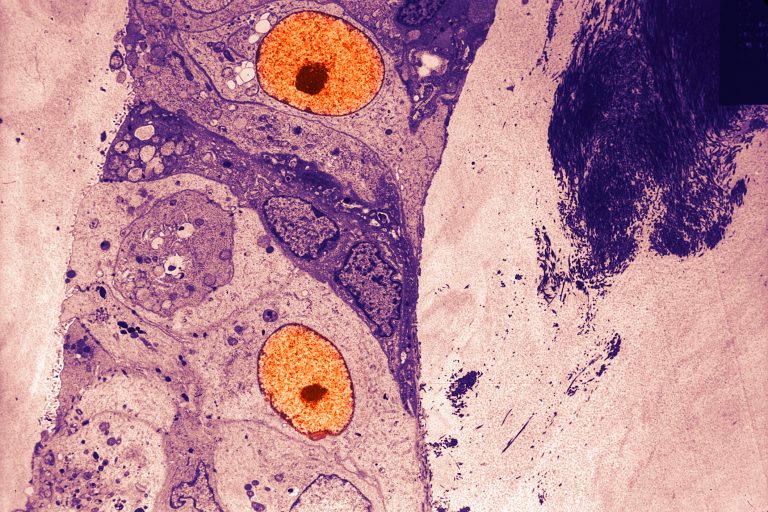
Genetic Technologies (GENE) today announced a collaboration with the Institute of Public Health in St Louis USA to expand the predictive capabilities of the company’s GeneType for Breast Cancer product for women of African descent. GENE is a genomics and AI-driven preventative health business.
In a press release, the company says this is, “In line with the strategic objective to invest to expand testing to provide inclusive polygenic risk scores for multi-ethnic populations.”
It’s known that significant unmet need exists for polygenic risk testing for ethnically diverse populations. Risks of mortality from breast cancer is estimated to be 40% higher in African American women than Caucasian women, but most polygenic scores are calculated based on populations that are mainly Northern European. There are more than 47 million individuals of African descent in the US. The lifetime probability of developing non-hereditary breast cancer is 11.5% (1 in 9) for this population.
The self-funded collaborative study will support expanded risk testing for populations of African descent. It is designed to enable identification of high-risk individuals who could benefit from advanced testing.
The study will be in collaboration with Professor Graham Colditz, a world-renowned epidemiologist. From 1999 to 2006 Colditz was Principal Investigator of the ongoing Nurses’ Health Study located at the Brigham and Women’s Hospital. He now specializes in risk modeling for breast cancer in women of African American descent.
Polygenic risk models are required to be validated for use with multiple ethnicities and therefore GENE will be validating samples that have both genotype data and the relevant clinical information to cover this expanded population.
The collaboration is anticipated to require around 9 months of research and processing at GENE’s Melbourne Laboratory.
Commenting on the study, CEO Simon Morriss said: “Expanding our capabilities to include those of African descent is a critical element of our long-term strategy. To fully address the growing burden of common complex diseases on our healthcare systems we need to be able to provide predictive risk tests for all individuals to empower them with the information to proactively manage their health and understand their risk. This is the first step in our response to address the unmet demand for tests that have been validated on multi population datasets. We will continue to assess our product portfolio to ensure we are expanding our addressable population and providing inclusive polygenic risk scores for multi-ethnic populations.”
Professor Colditz is a world-renowned figure in breast cancer epidemiology and risk modeling, and notable genotype datasets on the African American population are held by the Institute for Public Health. Given the US’s multi-ethnic landscape, clinical applications will be affected by how the risk model performs in these populations.
Richard Allman, GTG’s Chief Scientific Officer, will be heading the initiative and said, “Our aim is to develop the best practical risk assessment tool for breast cancer. We hypothesise that a risk prediction model that is easy to answer while containing important risk-predicting information such as a polygenic risk score, a mammographic density risk score, and an absolute-risk, based on family history and selected clinical risk factors will provide better risk discrimination than any of the currently available individual risk models that do not incorporate all of these risk factors.”













